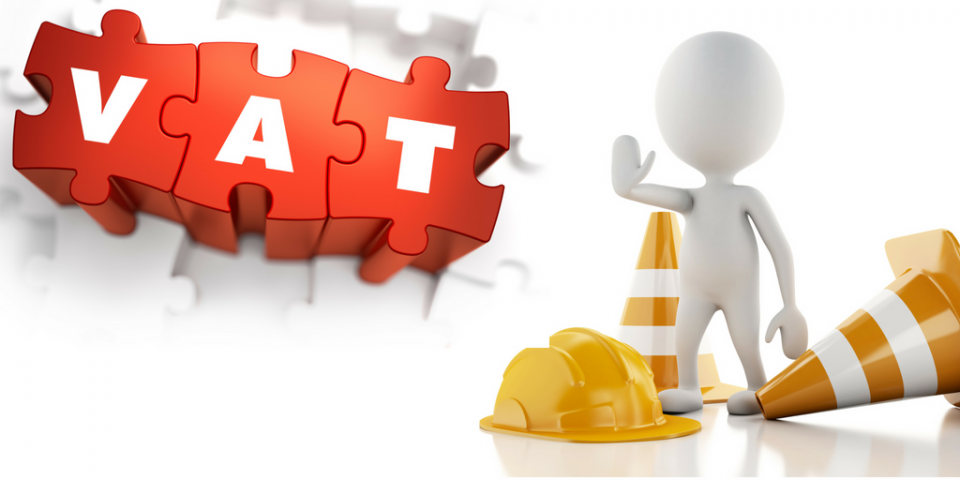On the 24th September 2020, HMRC published Guidance in respect of the VAT reverse charge for those supplying building and construction services.
The key points in respect of the VAT reverse charge are:
- The reverse charge will affect those who buy and sell construction services within the Construction Industry Scheme (CIS)
- The charge will apply to services between a contractor and sub-contractor, unless supplied to a contractor who is an end user
- The reverse charge will apply from the 1st March 2021
- The charge applies to standard and reduced rate VAT services, not zero-rated services
- The normal VAT rules will still apply until the 1st March 2021
HMRC’s published guide can be found here
Some key areas of interest within the guidance are:
- Cashflow - Businesses can apply to HMRC to submit monthly returns
- Scope of services – The supplies affected are defined in the Finance Act 2004, section 74 as “construction operations”.
- Invoicing – When supplying a service subject to the Domestic Reverse Charge (DRC), suppliers must ensure that their invoice makes it clear that the DRC has been applied and their customer is required to account for it. An example can be found here
There are useful flowcharts which provide a step by step process to follow for:
- Businesses who sell building and construction services
- Businesses who buy building and construction services
The flowcharts can be found here:
Links to the technical guide and guidance can be found below:
VAT Domestic Reverse Charge – Technical guide
VAT Domestic Reverse Charge – How to use the domestic reverse charge
VAT Domestic Reverse Charge – Check when you must use the VAT reverse charge
Aspire Business Partnership ("Aspire") provide WK1 with practical and commercially sound advice in relation to all aspects of compliance, business strategy and conflict resolution. WK1 engage Aspire on a retained basis through which Aspire provide WK1 with advice on an ad-hoc basis.


